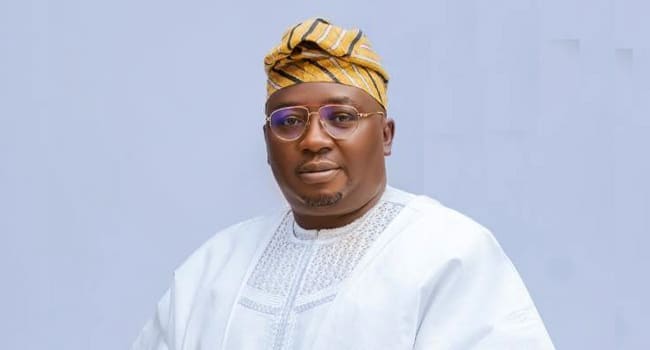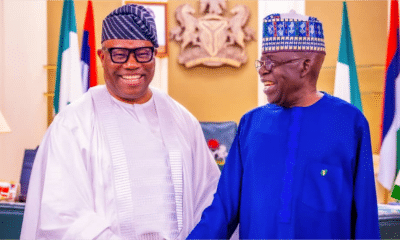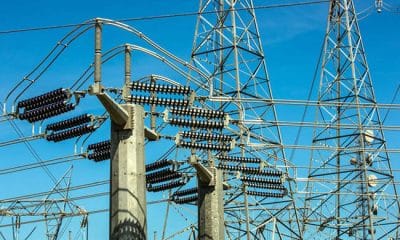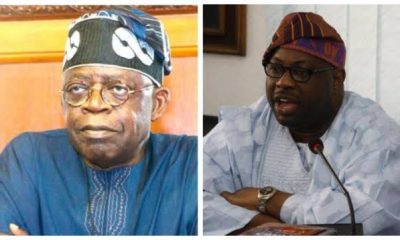Nigeria News
Adelabu Speaks On Plan On National Grid After Meeting Tinubu, German President

Minister of Power, Adebayo Adelabu, has announced that Nigeria is set to add 150 megawatts (MW) of electricity to its national grid before the end of the year, marking a significant boost in the country’s power supply.
Adelabu disclosed this on Wednesday while addressing journalists after a closed-door meeting with President Bola Tinubu and German President Frank-Walter Steinmeier at the Presidential Villa in Abuja.
The minister attributed the upcoming increase to the successful completion of the pilot phase of the Presidential Power Initiative (PPI), a collaborative effort between Nigeria and Siemens aimed at modernizing and expanding the country’s electricity infrastructure.
“We believe that before the end of the year, an additional 150 megawatts will be added upon completion of the entire pilot phase.” he said.
Adelabu outlined significant advancements in the country’s energy sector, emphasising the crucial role of international collaboration, particularly with Germany.
The minister said, “We have a bilateral relationship with the Republic of Germany that focuses on energy and electricity support.
“The name of the game now is about cooperation, collaboration, and partnership.”
Adelabu noted that the Siemens project is a flagship component of the partnership, aimed at implementing both brownfield and greenfield transmission substations under the PPI.
The minister said since the agreement was signed in December 2023 during the 28th session of the United Nations climate change conference (COP 28) in Dubai, Nigeria has made significant progress.
“We have completed the pilot phase of this project up to 80%,” he said.
According to the minister, the pilot phase includes the importation and installation of 10 power transformers as well as 10 mobile substations — with eight already commissioned.
“The positive impact of this is that it has added nothing less than 750 megawatts to our transmission grid capacity,” he said.
Adelabu said the next phase would involve revamping 14 existing substations and establishing 23 new ones across the country.
“The entire grid is quite fragile and dilapidated. We need to revamp it to ensure stability going forward,” the minister said.
In addition to addressing immediate power needs, Adelabu emphasised Nigeria’s commitment to renewable energy as part of the country’s long-term strategy.
“We have an energy transition plan to achieve net-zero emissions by 2060,” he said.
The minister said Germany’s expertise in renewable technologies aligns perfectly with Nigeria’s natural resources, adding that “Germany has technology; we have the sun and wind”.
He said over 30 states in Nigeria enjoy a minimum of 10 hours of sunshine daily.
The minister also discussed plans for off-grid solutions, calling for a distributed power model where each state would have its own generating plants.
He said, “This model will shield states from problems on the national grid and ensure rural electrification.
“Germany’s involvement extends beyond traditional energy sources; it includes significant investments in green energy projects.”
Together with partners, Adelabu said the country can build a robust energy infrastructure that supports economic growth.












